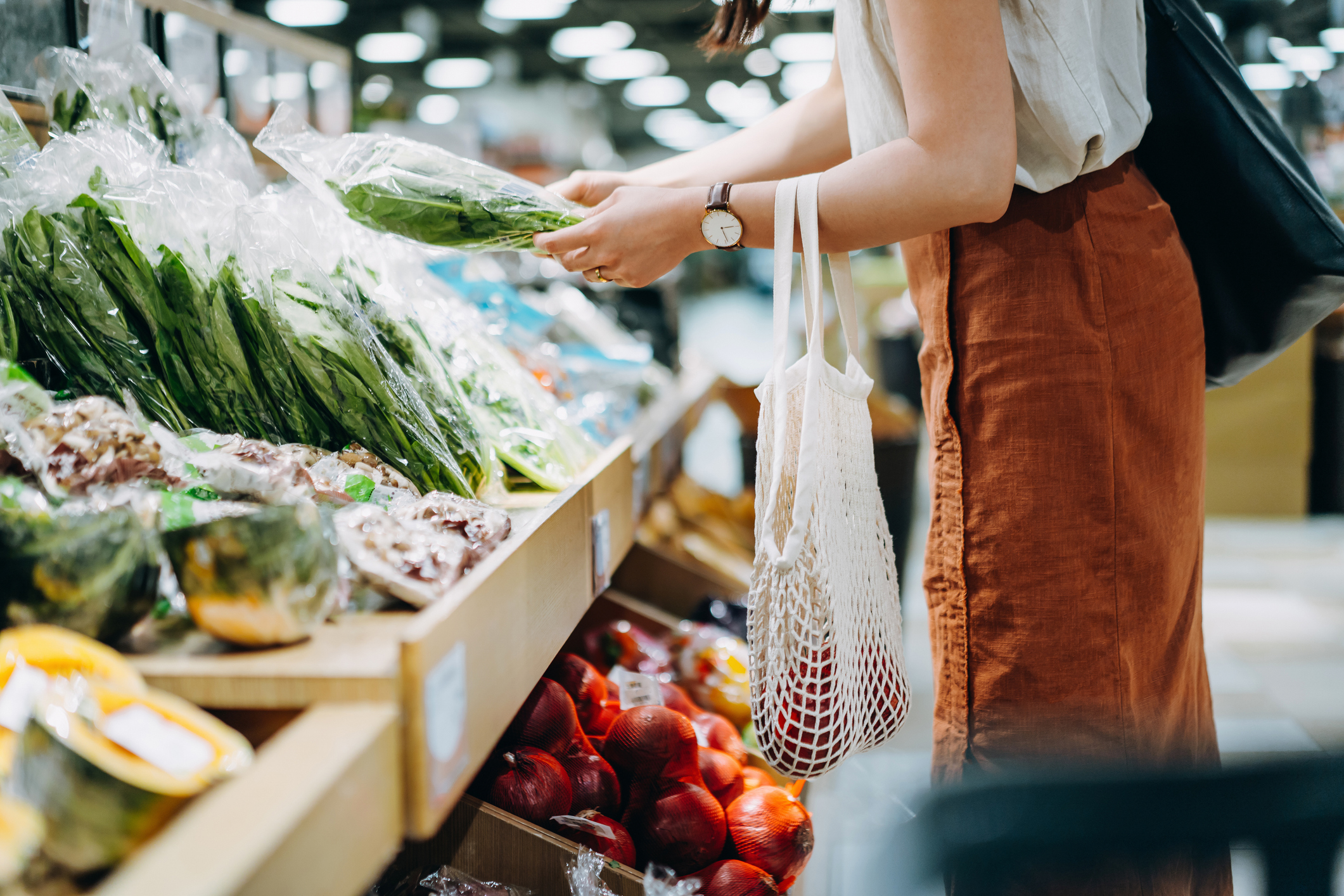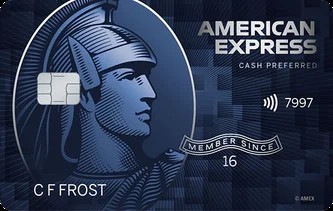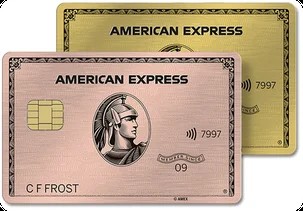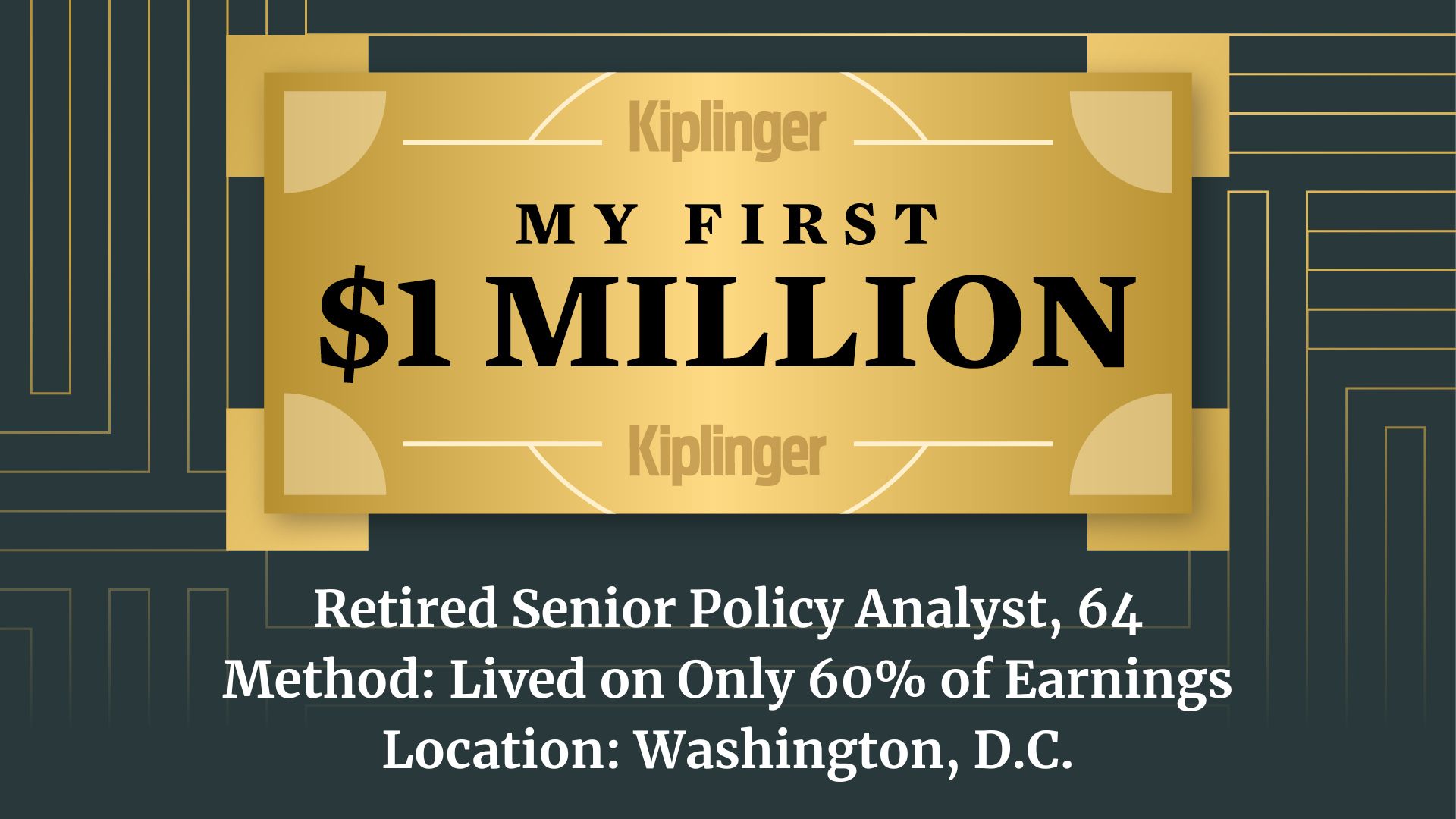Save on Your Grocery Shop by Maximizing Credit Card Rewards
With grocery bills continuing to rise, maximizing your cash back rewards can be a smart way to save. Here are some credit cards to consider.

Profit and prosper with the best of Kiplinger's advice on investing, taxes, retirement, personal finance and much more. Delivered daily. Enter your email in the box and click Sign Me Up.
You are now subscribed
Your newsletter sign-up was successful
Want to add more newsletters?
We may earn compensation when a customer clicks on a link, when an application is approved, or when an account is opened. We may not cover every available offer. Our relationship with advertisers may impact how an offer is presented on our site but our editorial selection of products is made independently. Terms apply to American Express benefits and offers. Enrollment may be required for select American Express benefits and offers. Visit americanexpress.com to learn more. We calculate a typical annual reward for each card, assuming $36,000 spent annually and less any annual fee. Interest rates, fees, rewards and other terms listed in this article are subject to change. Before you apply for a credit card, check its current terms and conditions with the issuer.

Grocery prices remain one of the most significant expenses in household budgets. Food costs can fluctuate for many reasons, including supply disruptions, labor shortages, transportation costs and changing consumer demand. Even when certain price spikes ease, grocery bills often remain elevated compared with pre-inflation levels.
Today, the average American household spends roughly $270 per week on groceries, or more than $1,000 per month, based on estimates that align with spending patterns reflected in U.S. Department of Agriculture food cost reports. Costs can vary widely depending on family size, dietary needs, location and shopping habits, but food continues to be a major and unavoidable expense for most households.
While shoppers can’t control broader food pricing trends, they can take steps to reduce how much they pay at checkout.
From just $107.88 $24.99 for Kiplinger Personal Finance
Become a smarter, better informed investor. Subscribe from just $107.88 $24.99, plus get up to 4 Special Issues

Sign up for Kiplinger’s Free Newsletters
Profit and prosper with the best of expert advice on investing, taxes, retirement, personal finance and more - straight to your e-mail.
Profit and prosper with the best of expert advice - straight to your e-mail.
Use your card's cash back incentives
Some credit cards (listed below) offer cash back incentives on grocery or dining out purchases. By maximizing these to your advantage, you can earn a healthy cash back bonus that offsets some of the higher costs incurred.
The key is to make sure these rewards work for you. Start by shopping for a credit card that helps you save on everyday purchases, like groceries, dining out or food delivery services, like Uber Eats. And make sure to pay off your balance every month, or else the interest you pay negates some of the incentives these cards offer.
With this in mind, here are a few cards that can help you save on food costs:
Blue Cash Preferred® Card from American Express

The Blue Cash Preferred® Card from American Express helps you get 6% cash back at U.S. supermarkets on up to $6,000 per year in eligible purchases (then 1%), 6% cash back on select U.S. streaming subscriptions, 3% cash back at eligible U.S. gas stations and on transit (including taxis/rideshare, parking, tolls, trains, buses and more) purchases and 1% cash back on other purchases.
Cash Back is received in the form of Reward Dollars that can be redeemed as a statement credit and at Amazon.com checkout.
You may be eligible for as high as $300 cash back after spending $3,000 in purchases on your new Card in the first 6 months. Welcome offers vary and you may not be eligible for an offer. Cash back is received as Reward Dollars, redeemable for statement credit or at Amazon.com checkout. Terms Apply.
There is a $0 intro annual fee for the first year, then $95 annually. Even still, with the savings you'll gain on groceries, it can outweigh the annual fee and still help you save.
See rates and fees.
A tip: Usually, I'll just alter my spending and charge everything to a new card, from utilities to regular shopping trips, to make sure I'm hitting that intro bonus. It's essentially free money for everyday purchases you were going to make, as long as you pay off the statement balances.
American Express® Gold Card

If you plan to spend a lot at the grocery store, the American Express® Gold Card is a great fit. You'll earn four points for every dollar spent at U.S. supermarkets, with a $25,000 cap annually. If you exceed that amount, your rewards after $25,000 are one point per dollar charged.
You'll also earn four points per dollar on restaurants worldwide, with an annual cap of $50,000. Once you reach the $50,000 threshold, the rewards revert to one point per dollar charged. The Points Guy notes the grocery and dining out benefits equal up to 8% cash back, based on their valuations.
And you can earn up to 100,000 Membership rewards points after you spend $6,000 in purchases on your new Card within the first six months of card membership. Welcome offers vary and you may not be eligible for an offer.
The only drawback is there's an annual fee of $325. However, the higher caps on dining out and groceries makes this card a must-have for foodies.
The bottom line
Food prices continue to rise due to the bird flu, inflation and possible tariffs coming down the road. While you can't do much to control food costs on their own, having the right credit card can cushion some of those higher expenses.
These credit cards come with generous cash back incentives at supermarkets to help you save more on everyday goods. And you can save even more by meeting those intro bonuses.
Related content
- Best and Worst Grocery Chains in the U.S.
- These Grocery Tips Can Save You Money
- The Best Cash Back Credit Cards
As an independent publication dedicated to helping you make the most of your money, the article above is our view of the best deals and is not the opinion of any entity mentioned such as a card issuer, hotel, airline etc. Similarly, the content has not been reviewed or endorsed by any of those entities.
Profit and prosper with the best of Kiplinger's advice on investing, taxes, retirement, personal finance and much more. Delivered daily. Enter your email in the box and click Sign Me Up.

Sean is a veteran personal finance writer, with over 10 years of experience. He's written finance guides on insurance, savings, travel and more for CNET, Bankrate and GOBankingRates.
-
 4 High-End Experiences Worth the Splurge After 50
4 High-End Experiences Worth the Splurge After 50These curated date ideas provide the perfect backdrop for couples ready to enjoy the very best that the world has to offer.
-
 Health Care Stocks Have Sagged. Can You Bet on a Recovery?
Health Care Stocks Have Sagged. Can You Bet on a Recovery?The flagging health care sector has perked up a bit lately. Is it time to invest?
-
 Costco's Auto Program: Can Membership Pricing Really Save You Money on a Car?
Costco's Auto Program: Can Membership Pricing Really Save You Money on a Car?Costco's Auto Program can simplify the car-buying process with prearranged pricing and member perks. Here's what to know before you use it.
-
 What Is an Assumable Mortgage and Could It Save You Thousands?
What Is an Assumable Mortgage and Could It Save You Thousands?With mortgage rates still elevated, taking over a seller’s existing home loan could lower monthly payments — if the numbers work.
-
 Have You Fallen Into the High-Earning Trap? This Is How to Escape
Have You Fallen Into the High-Earning Trap? This Is How to EscapeHigh income is a gift, but it can pull you into higher spending, undisciplined investing and overreliance on future earnings. These actionable steps will help you escape the trap.
-
 I'm a Financial Adviser: These 3 Questions Can Help You Navigate a Noisy Year With Financial Clarity
I'm a Financial Adviser: These 3 Questions Can Help You Navigate a Noisy Year With Financial ClarityThe key is to resist focusing only on the markets. Instead, when making financial decisions, think about your values and what matters the most to you.
-
 Where Olympians Store Their Medals is a Great Lesson For Your Valuables and Cash
Where Olympians Store Their Medals is a Great Lesson For Your Valuables and CashWhat you can learn about protecting your cash and values from where Olympians store their medals.
-
 An Executive's 'Idiotic' Idea: Skip Safety Class and Commit a Federal Crime
An Executive's 'Idiotic' Idea: Skip Safety Class and Commit a Federal CrimeSeveral medical professionals reached out to say that one of their bosses suggested committing a crime to fulfill OSHA requirements. What's an employee to do?
-
 How You Can Use the Financial Resource Built Into Your Home to Help With Your Long-Term Goals
How You Can Use the Financial Resource Built Into Your Home to Help With Your Long-Term GoalsHomeowners are increasingly using their home equity, through products like HELOCs and home equity loans, as a financial resource for managing debt, funding renovations and more.
-
 How to Find Free Money for Graduate School as Federal Loans Tighten in 2026
How to Find Free Money for Graduate School as Federal Loans Tighten in 2026Starting July 1, federal borrowing will be capped for new graduate students, making scholarships and other forms of "free money" vital. Here's what to know.
-
 My First $1 Million: Retired Senior Policy Analyst, 64, Washington, D.C.
My First $1 Million: Retired Senior Policy Analyst, 64, Washington, D.C.Ever wonder how someone who's made a million dollars or more did it? Kiplinger's My First $1 Million series uncovers the answers.